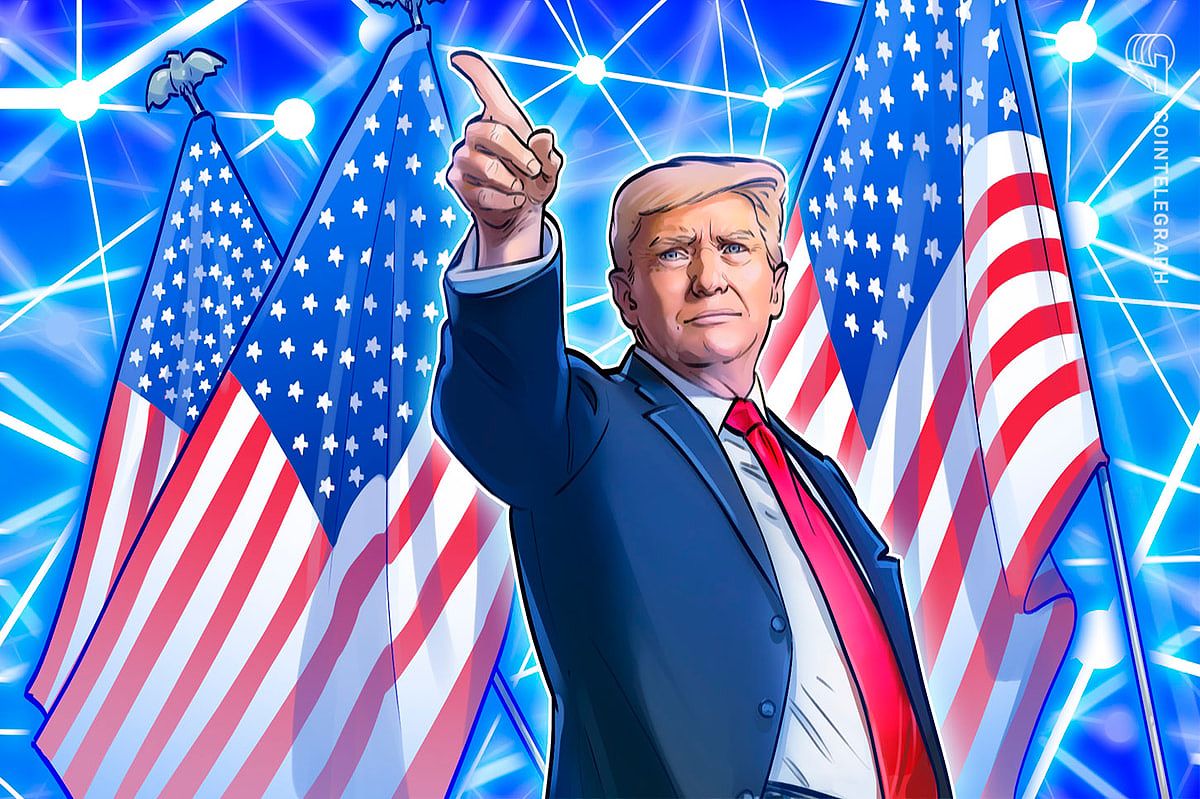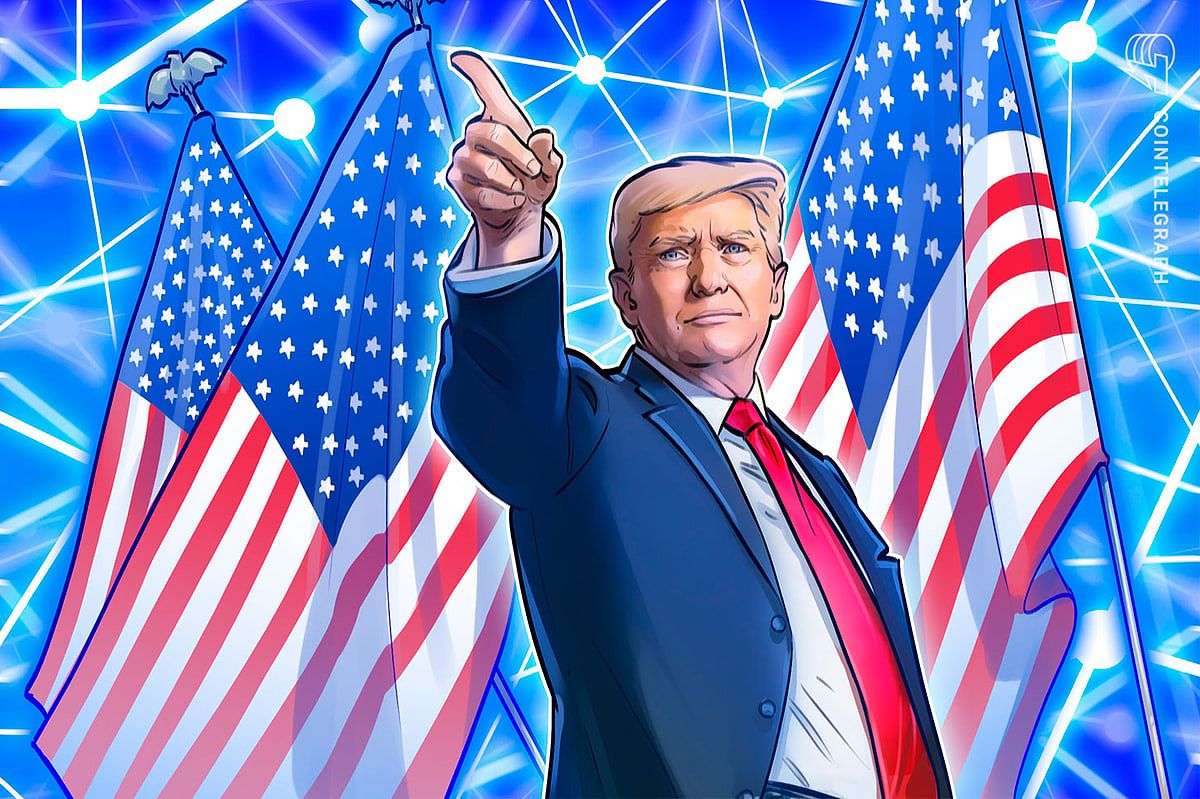Could the formation of a “unity party” by Robert F. Kennedy Jr. and former President Donald Trump represent a significant turning point for the cryptocurrency landscape? This unconventional proposal, championed by Kennedy’s running mate, Nicole Shanahan, has ignited considerable speculation and debate among crypto enthusiasts and investors alike. While the idea may sound unconventional, its implications for the cryptocurrency sector are profound and warrant a closer examination.
The Emergence of a Unity Party and Its Implications for Crypto
Shanahan’s vision for a “unity party” arises from a growing discontent with the existing two-party system, which many believe fails to adequately address pressing issues, particularly those related to healthcare and the pharmaceutical sector. By proposing a collaborative political entity, she aims to unite voters seeking alternatives to the current political dichotomy.
However, the significance of this proposal transcends mere political reform. Shanahan posits that a partnership between Kennedy and Trump could foster a more conducive environment for cryptocurrency adoption. With Kennedy’s vocal support for Bitcoin and Trump’s recent engagement with the crypto sphere, this alliance could symbolize a shared commitment to alternative financial systems that challenge traditional banking paradigms.
Analyzing the Potential Advantages for Cryptocurrency

The establishment of a “unity party” could unlock several advantages for the cryptocurrency ecosystem. For instance, a joint administration led by Trump and Kennedy might prioritize innovative policies designed to enhance the regulatory landscape for cryptocurrencies. This could manifest in the form of favorable tax structures, clearer guidelines for regulatory compliance, and increased public sector investment in blockchain initiatives.
Moreover, this political shift could potentially broaden the appeal of Bitcoin as a viable reserve currency. As mainstream adoption grows, heightened demand for Bitcoin could ensue, possibly resulting in a significant appreciation in its market value.
Weighing the Risks and Challenges
Despite the potential benefits, the idea of a “unity party” poses certain risks that could complicate the trajectory of the cryptocurrency industry. A primary concern centers around the possibility of fragmenting the pro-crypto voter base, which could dilute overall support for favorable crypto policies. Such a scenario might inadvertently empower candidates with less favorable views on cryptocurrency, undermining the progress made thus far.
Another risk associated with this political alliance is the potential alienation of certain factions within the crypto community who may find the political ideologies of either candidate unpalatable. This could lead to a decrease in enthusiasm for the “unity party,” ultimately impacting its viability and the support it garners from crypto advocates.
Conclusion
The potential ramifications of a “unity party” on the cryptocurrency landscape remain largely speculative. While this political development could pave the way for more favorable conditions for cryptocurrencies, the associated risks could also hinder the industry’s growth. The success of such an initiative hinges on its ability to cultivate a diverse coalition of supporters, including those within the crypto community. As the political landscape continues to evolve, stakeholders in the cryptocurrency sector should remain vigilant and adaptable, ready to navigate the complexities that lie ahead.

